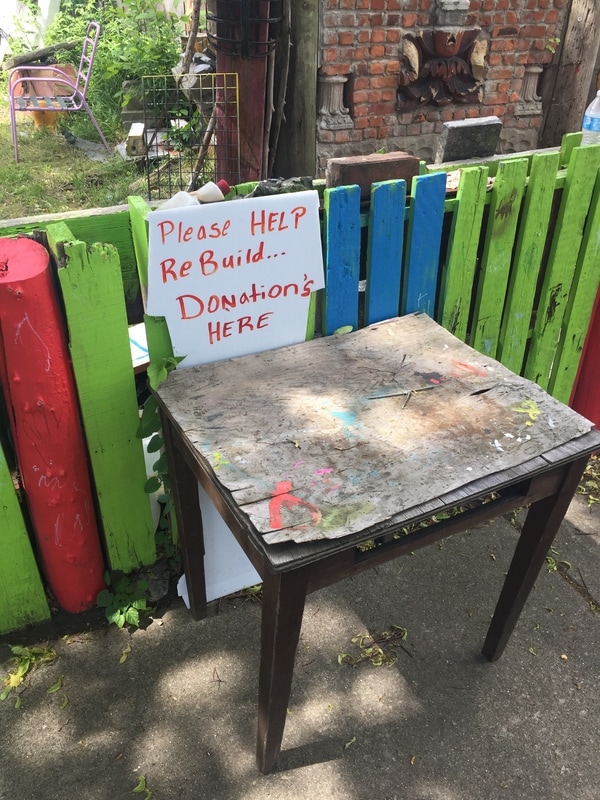I think that's an incredibly fortunate role that Detroit is in and one that it is currently succeeding in. Even before getting here, in my research of the city and also in general knowledge of the city's rebuilding, it is evident that Detroit is indeed rebuilding and they're deeply proud of that. Our program leads, Matt and Katherine, have been proud ambassadors of Detroit all year long on Duke's campus. They've raved about all it has to offer, but you can't quite grasp the reality of it until you're here. I don't think you can quite grasp that 'development' goes beyond the glitzy Campus Martius, the cool bars, the nice restaurants, and the new apartments. As cliche and 'collegy' as it sounds, it's interacting with the people of Detroit in where you see the genuine character of the city.
Whether it be talking to formerly homeless people about their experiences receiving aid from the legal aid service I intern at, talking to a Wayne State police officer, going to a political reform convention with extraordinarily passionate speakers, or attending a panel with three senators (Gary Peters, Debbie Stabenow, and Cory Booker) talking about current issues in small business and the future of Detroit in America, all of them are so excited to talk about any and everything Detroit and it's rebirth. And that's so refreshing. Refreshing to see a city who cares — a city that reflects it's ambition in every aspect of itself together, and in a way that isn't pre-fabricated or unilateral.
So to answer the question I don't think I was too surprised. However, in that same breathe I feel Detroit has skewed the narrative in some ways, and understandably so. It seems that because Detroit has endured such a bad reputation people tend to shy away from talking about the struggles Detroit still endures, only shining a light on it's fresh new paint job. What I hope to do to help rise this city from the ashes is to collectively get to a point where we can not only acknowledge and have a discussion about the looming poverty, housing, crime, population loss, and debt problems going on in the city without reluctance, but to also get to a point where we feel comfortable owning those problems and encouraged to fix them, instead of being ashamed of them.

 RSS Feed
RSS Feed
